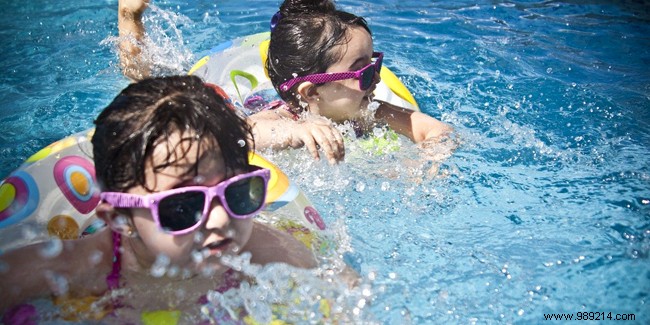
Owning a private swimming pool offers endless summer fun, family gatherings, and refreshing escapes. However, to ensure these moments remain joyful and accident-free, especially with children around, it's crucial to follow proven safety rules—many mandated by law. Children are particularly vulnerable to drowning and injuries near pools, making constant vigilance essential. Here's how to prioritize their safety effectively.
French laws from 2004 and 2006 require in-ground and semi-buried private pools to be equipped with certified safety devices to reduce child drownings. Inflatable or removable above-ground pools are exempt, but extra caution is advised around children.
Pool owners must install one of four compliant devices: a protective barrier, cover, alarm, or fully enclosing shelter. Detailed standards are available on the Directorate General for Competition, Consumer Affairs and Fraud Prevention (DGCCRF) website.
Non-compliance heightens drowning risks and can result in severe penalties, including fines up to 45,000 euros.
Teaching children to swim from age 4 is a smart step for pool owners, but it doesn't replace core safety practices.
Never leave children unattended near the pool. Even when present, keep eyes on them at all times—no quick distractions. As the General Directorate of Urban Planning, Housing and Construction warns, "A child can drown in less than 3 minutes in 20 cm of water without a sound." No device replaces adult oversight.
Avoid activities like phone use that divide attention. Ideally, swim with your children to intervene instantly if needed. Assign one responsible adult for supervision during play.
After swimming, secure the pool by reactivating barriers or alarms and remove enticing toys, floats, or mattresses.
Outfit non-swimmers with appropriate buoys, armbands, or float suits. Keep rescue gear handy, like poles or life buoys, for immediate action.
Always have a phone nearby with emergency numbers ready.